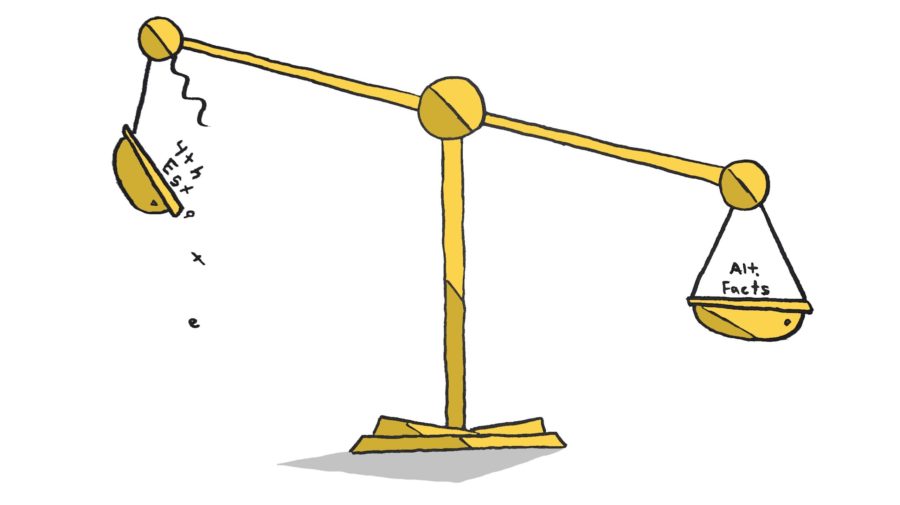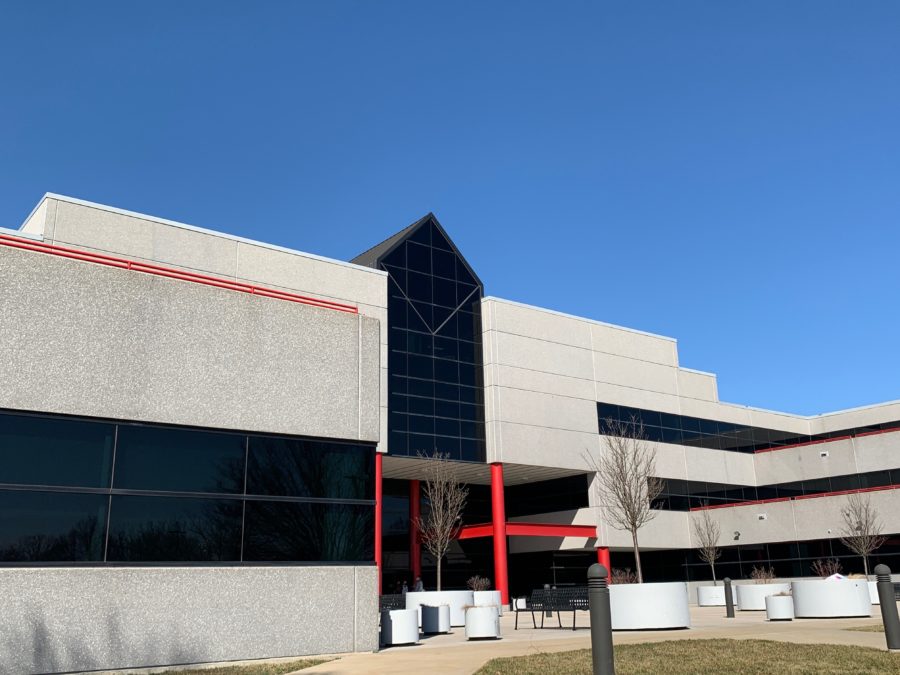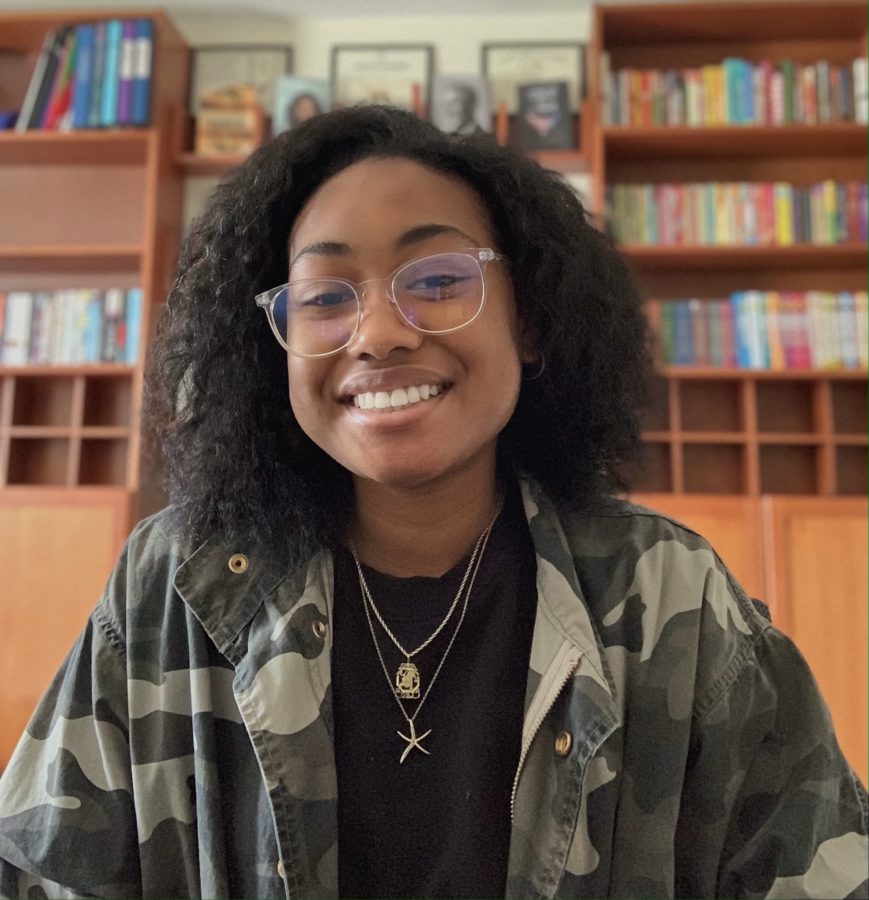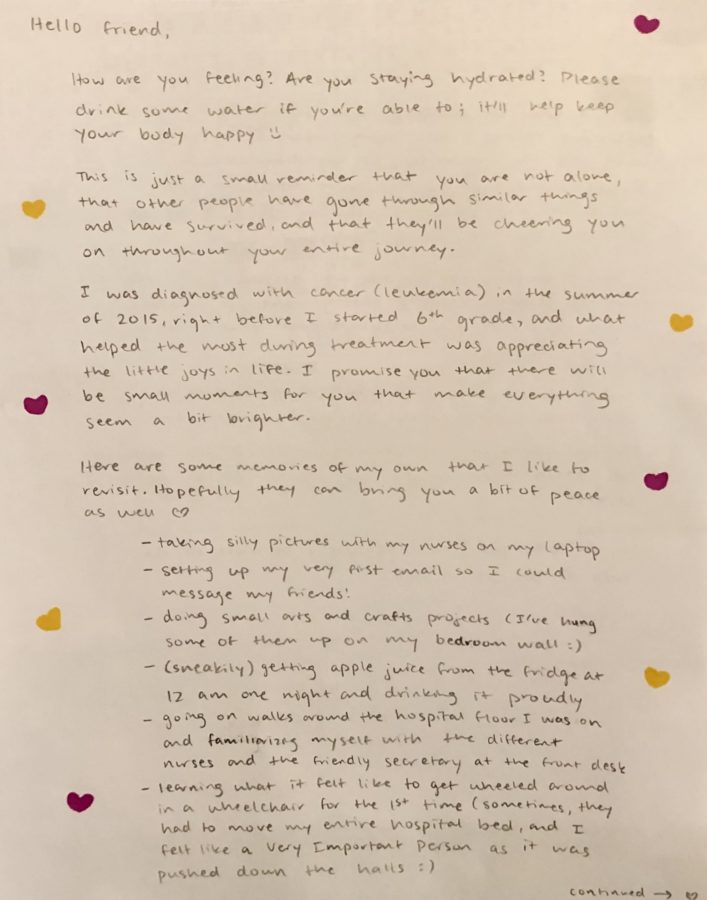By Ananya Kulkarni, Co-Editor-in-Chief
As student journalists, we search for the hard truth, and in my searches, I have discovered the biggest villain of all. This pernicious evil has seeped into every crack of American society, silently breaking down the basic tenets of our democracy while we were all too busy reading tweets.
People know this villain by a variety of different names, such as a “spin” or “twist,” but I like to call it by the scariest name it has: alternative facts.
Nowadays, we see alternative facts taking a multitude of different forms. We see it in the fake news on Twitter that circulates six times faster than the truth does. We saw the seizure of Jim Acosta’s press pass, the lies presented by Kellyanne Conway and our own former president inciting a riot through his refusal to accept legitimate electoral results.
There is a rift in our democracy. That fracture is widening rapidly, disrupting every last issue in American politics from within. The media is under attack, and yet, it is our first line of defense against mass misinformation. National news on both sides of the spectrum is tainted with capitalist ulterior motives. I’d go so far as to claim that an unpaid staff like ours will soon be the only safeguard against the flagrant lies that dominate the national narrative. The kind of local journalism we create at The Spoke is becoming more and more essential to democracy because, in the play for sensational headlines, big media has forgotten that we are a nation built on town halls.
Disrespect for journalism is on the rise globally. Drawing attention to improving industry standards press rights combats this issue. But in order to cover the stories that matter — the stories in small neighborhoods and classrooms that will never see the light of a national headline — we must first fight that disrespect for journalism on a local level. We must fight it in our classrooms and in closed-door meetings with our administrations so that that same disrespect doesn’t corrupt the highest levels of government, as we have seen occur in the last four years.
Names like Hazelwood and Tinker are familiar to all of us from the dense U..S. history textbooks we carried around not so long ago. Those names seemed so unimportant in the scheme of things, except perhaps for when we frantically studied for the next test.
But understanding the weight of those names allows student journalists to help make small changes in wording in local school publication policies, journalism education policies and state codes, changes that give us the ability to fight for rights to our own work, the ability to maintain our websites and the ability to choose to run stories while still being protected from litigation.
And while I have come to shout from the rooftops for these rights because of my time as a student journalist and Editor-in-Chief of The Spoke, being any kind of student, whether you spend your time in the lab or the art studio, advocating for these changes ensures that your voice, and every other voice in our community, is consistently represented.
So, I urge you to read your student newspaper, to respect the journalists of the future, and to fight for the journalists in your high school classrooms and beyond. Above all, stay informed about the news and seek out unbiased sources in your own community because in 2021, truth isn’t just our defense, it is our salvation.


























































































